Are we depressed? Or demoralized
Back in March, my world-weariness made sense. As a psychiatrist, I watched from the front row as the pandemic took its first devastating hit. Attending physicians suddenly felt like interns again as we flocked to social media to piece together clinical protocols. We shuddered at mounting death tolls even as we kissed our children and soldiered on to work. Everything seemed capable of infecting us--smiling neighbors, door handles, grocery bags.
Practicing from home was a bonus and a privilege, I kept reminding myself. I could be more available to my two young kids and still tend to the rising tide of patients who sought my care. Soon, academic conferences moved online, as did my in-person teaching duties. We canceled a family reunion trip to Michigan for my son’s third birthday, and I pulled my daughter from remote kindergarten since I was around so much. For years, I’d craved this seemingly impossible balance of family time and meaningful work, and now that dream was real.
Why then, as months of quarantine continued, did I feel so miserable? Last summer, as millions struggled with the mental health effects of the pandemic, I suffered, too. I was exhausted but tossed in bed. Patients cried to me through their phones; I cried to my own therapist from my closet. Not only were my thoughts scattered; I felt guilty about my drifting focus. Every cancelled wedding or long-calendared event became an emotional setback, an indicator of how much of life was going un-lived. My days were full but inside I felt helpless, hopeless, and increasingly incompetent.
From my professional training, I knew I wasn’t depressed. In moments away from Zoom, my belly ached with laughs as my son and I danced around the living room playing unicorn firefighters. Nor was I especially anxious, since I didn’t have excess worries outside the usual stressors. Take away my busy caseload, wrangling the kids, and the mental burden of physically protecting loved ones, and I’d be in the flow with work and life.
It wasn’t a clinical disorder. I was feeling demoralized, and perhaps you are, too.
Coined by psychiatrist Jerome Frank, demoralization is when we feel hopeless with subjective incompetence, over events that challenge our morals. With a year of pandemic that highlighted social inequalities that made seniors and front line workers disposable, politics of turmoil and sharp divide, and social uprisings due to sanctioned racism, there were plenty of moral challenges. We are left depleted. Beyond emotionally exhausted. We feel like there’s no winning - the world just shouldn’t be this way. Feel free to read my piece for STAT News.
And if you’re feeling demoralized, here are some things you can do:
Activate a core identity
Who do you know yourself to be? Think about which groups you belong to. Do you identify as a parent? A daughter or son? By your profession? Remind yourself of who you are, and what your values and morals are. Instead of defeat, respect your morals and values and act towards making the world you want.
Shift from avoidant to active coping
It’s natural to want to hide in bed. Try to be active though - even if something small. Turn on the music or tidy up the room. Avoidance does not make the problem go away. It only perpetuates it. So try to engage with the problem, to actually make change.
Believe that you can do it
Achieving goals requires two different brain networks: “Pathways” thinking that envisions a desired future, and “agency” thinking that sustains the sense that you can do it. Both are necessary parts of solving problems and achieving your goals
Seek relationships
Find those people that give you a sense of confidence and security. Those people you can have “heart-to-heart” talks with. Engage in a mentoring relationship or an altrustic one where you are giving to others. Reach out to your neighbors to provide reciprocated support.
Be mindful of your emotions
When we’re stressed, the area of the brain responsible for planning and organizing (the prefrontal cortex) is greatly affected. Do what works for you - mindfulness, yoga, running, etc. - to help manage emotions. Deep breathing helps us physiologically regulate our bodies, so our mind has more capacity to be clear. Instead of trying to ignore your feelings, ask yourself what you’re feeling, and try to label it.
Sign up for my newsletter and feel free to read more at my mental health section for resources on how to improve your quality of life and how to thrive in the face of adversity.
